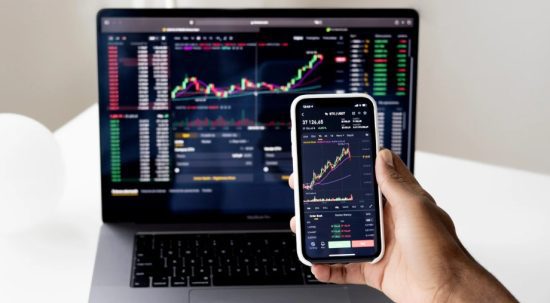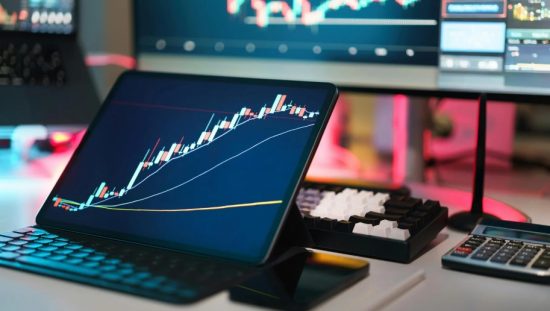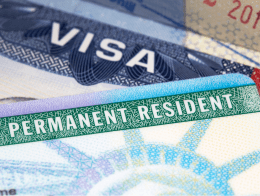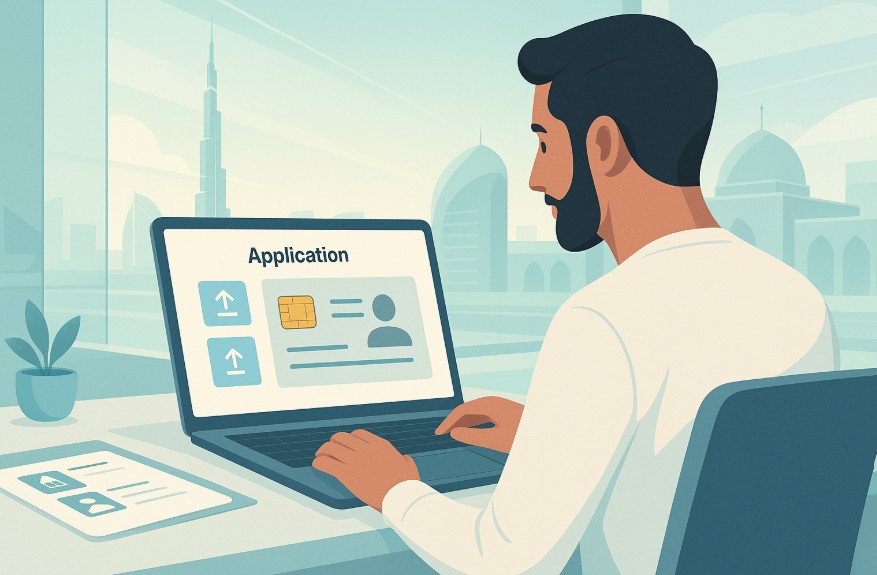
CFD trading is growing fast in the UAE. Dubai is right at the center of it. Thanks to strong regulations, tax-friendly policies, and access to global markets, Dubai has become a hotspot for both beginner and professional CFD traders.
It doesn’t matter if you are a UAE resident or an expat. Trading CFDs in Dubai gives you access to global assets like forex, commodities, indices, and even crypto. All this is possible right from the comfort of your laptop or phone. Let us walk you through how CFD trading works in Dubai, what the legal landscape looks like, and what to consider before choosing a broker.
What Is CFD Trading?

CFD stands for Contract for Difference. According to the CFD meaning, it is a type of trading that lets you speculate on the price movements of financial assets without owning the underlying asset. So instead of buying physical gold or company shares, you can open a buy or sell position on their price.
If the market moves in your favor, you make a profit. If it moves against you, you take a loss. It is fast-paced, flexible, and perfect for traders who want exposure to global markets without traditional ownership.
Why Dubai Is a Hub for CFD Trading?

Dubai has quickly positioned itself as a global fintech and trading hub. And there are many good reasons for that. With one of the most advanced regulatory systems in the Middle East and access to global capital flows, it is a prime location for brokers and traders alike. But what makes it so?
Strong Regulatory Framework
CFD trading in Dubai is regulated by the DFSA (Dubai Financial Services Authority) and SCA (Securities and Commodities Authority). These bodies enforce compliance, transparency, and investor protection. If you are trading through a licensed broker in Dubai, you are in a well-regulated, secure environment.
Tax-Friendly Environment
Dubai does not levy income tax on trading profits. This is definitely a big plus for retail and professional traders. No capital gains tax means more of your profit stays in your pocket. Just make sure to consult a tax advisor if you are trading from Dubai but are a tax resident elsewhere.
Access to Global Markets
CFD brokers in Dubai offer access to global instruments. So while you are trading from the UAE, you can speculate on the price of oil, Tesla, gold, or the Dow Jones index. All these are available on one platform.
Is CFD Trading Legal in Dubai?
Yes, CFD trading is legal in Dubai, and there are many reasons to go for it. But you only trade through regulated brokers. Both local and international brokers must register with either the DFSA or the SCA.
Offshore brokers that serve Dubai residents without local licensing may operate in a legal gray area. So, make sure to check a broker’s credentials before funding your account.
Benefits of Trading CFDs in Dubai

Still on the fence? Here is why Dubai is one of the most attractive markets for CFD traders right now:
- Strong local infrastructure: The local financial ecosystem is well-developed. There is fast internet, secure payment systems, and reliable banking options for funding and withdrawing from trading accounts.
- Multilingual broker support: Most brokers operating in Dubai offer English and Arabic support. Whether you are trading for the first time or managing a multi-asset portfolio, there is help available when you need it.
- Leverage and market hours flexibility: Many brokers in Dubai offer adjustable leverage up to 1:500 (depending on account type and experience). Besides that, you can align your trading hours with global markets because CFD trading runs nearly 24/5.
Things to Consider Before Trading CFDs in Dubai

Before you open your first CFD position in Dubai, it is important to understand the bigger picture. While the opportunities are exciting, there are also risks that come with the territory. So, make informed decisions from the start to avoid costly mistakes and trade with greater confidence.
High Risk, High Reward
CFD trading can be profitable, but it’s also risky. Leverage magnifies both gains and losses. Trade with proper risk management. Always use stop-loss orders, avoid over-leveraging, and start with a demo account if you are brand new.
Choose a Regulated Broker
Avoid offshore brokers that are not licensed by the DFSA or SCA. These may not offer the same legal protection or fund security as locally regulated ones. You can check a broker’s license directly on the DFSA website or SCA portal.
Platform Access
Make sure your broker supports platforms you are comfortable with. It can be MetaTrader 4 or 5, or proprietary mobile/web platforms. Flexibility is key if you plan to trade on the go or use algorithmic strategies.
Final Thoughts
Dubai is quickly becoming one of the top global locations for CFD trading. It is easy to see why. With its tax-friendly policies, solid regulation, and access to cutting-edge platforms, it offers traders a safe, flexible environment to grow their portfolios.
Just make sure to pick a regulated broker, understand the risks, and stay informed. You may be a beginner or an experienced trader. Whatever the case, CFD trading in Dubai offers the tools, infrastructure, and support to help you trade with confidence.



